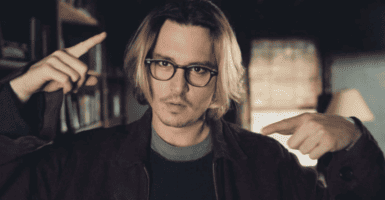Ranking Star Trek’s Counselors
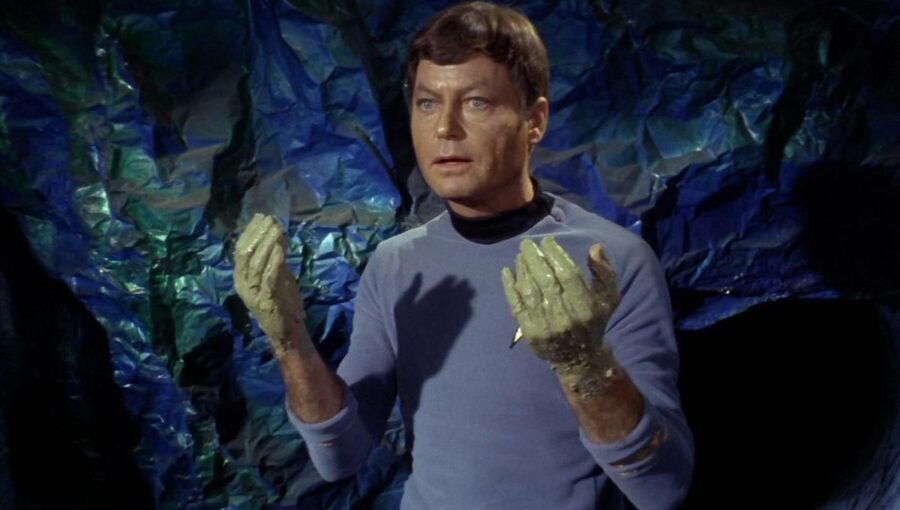
We often think of Star Trek counselors only being a thing after Star Trek: The Next Generation, but going back to Dr. Boyce in the rejected Star Trek pilot “The Cage,” people on starships have needed someone to talk with about their mental and emotional struggles.
Whether official or unofficial, it is clearly important to have mental health support when working in space or on Earth. Here is our ranking of the top Star Trek counselors.
Jack Crusher – Star Trek: Picard
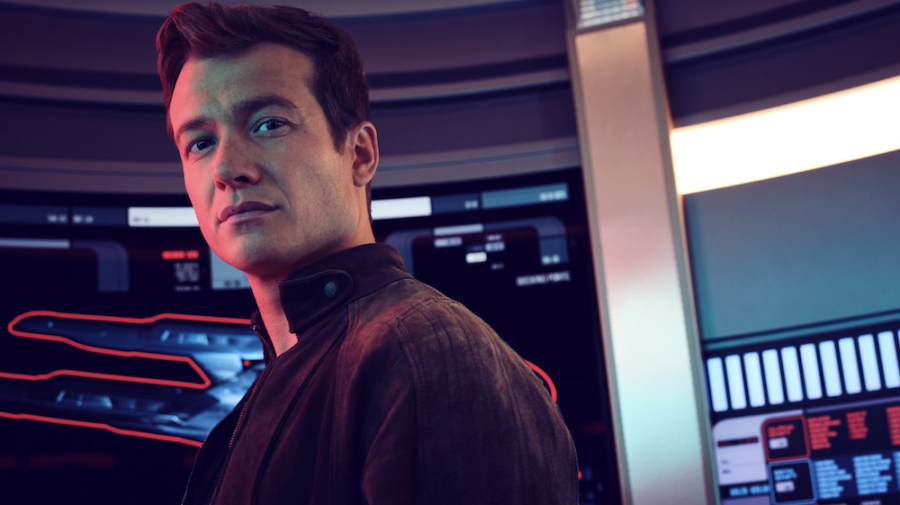
Since we only see Jack designated as special counselor to the captain at the end of Star Trek Picard Season 3, shortly after he becomes an ensign assigned to the Enterprise-G, we can’t say a lot about how he functions in this role.
In all honesty, we’re not even sure what a special Star Trek counselor to the captain does, exactly, but it does make sense that Jack would be able to act as a trusted advisor to Seven of Nine, especially as someone who shares a history with the Borg.
Whether he will also function as the ship’s counselor remains to be seen, so as we have yet to really see him in action, we’ll put him at the bottom of our list.
Dr. Migleemo – Star Trek: Lower Decks
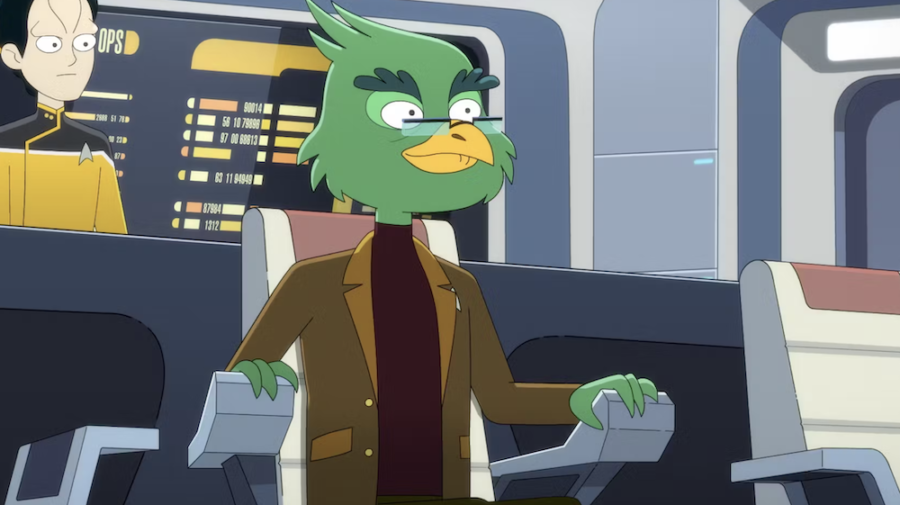
Though a rather quirky and likable member of an unknown birdlike species, we again have not seen Dr. Migleemo functioning in his role as ship’s counselor a great deal.
Mariner, however, calls him “the worst counselor in the fleet,” saying he just “tosses out non-stop food metaphors.” While that is likely an overstatement, he does seem a little flighty.
Still, he does occasionally manage to give some good advice to Tendi, though he usually seems to rather stumble through his work. In his defense, though, so do a lot of members of the crew of the Cerritos.
Neelix – Star Trek: Voyager
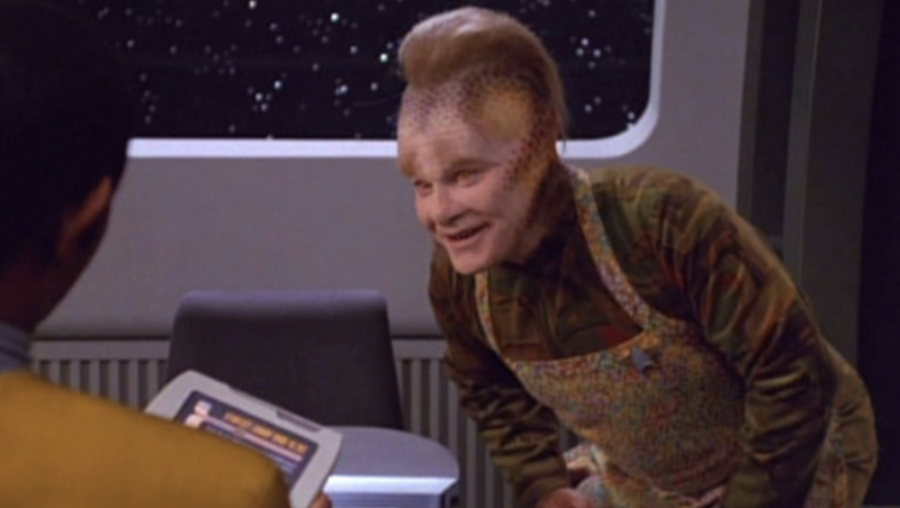
Though he was never an official member of Starfleet and his title of morale officer (and chef, for that matter) was self-appointed, it was acknowledged by the captain, who also promoted him variously to the roles of ambassador and, briefly, chief medical officer.
He did, however, actually provide a great deal of support to people on the Voyager, especially Naomi Wildman, who needed a care-taking figure when her mother was on away missions. He also ended up being someone the crew could depend on to safely talk with about their problems and to provide encouragement and an uplifting perspective.
He also had a particular effect on Tuvok, eventually becoming a trusted friend. While he never held the title officially, he was the closest thing to a Star Trek counselor the Voyager had.
Dr. Leonard McCoy – Star Trek: The Original Series
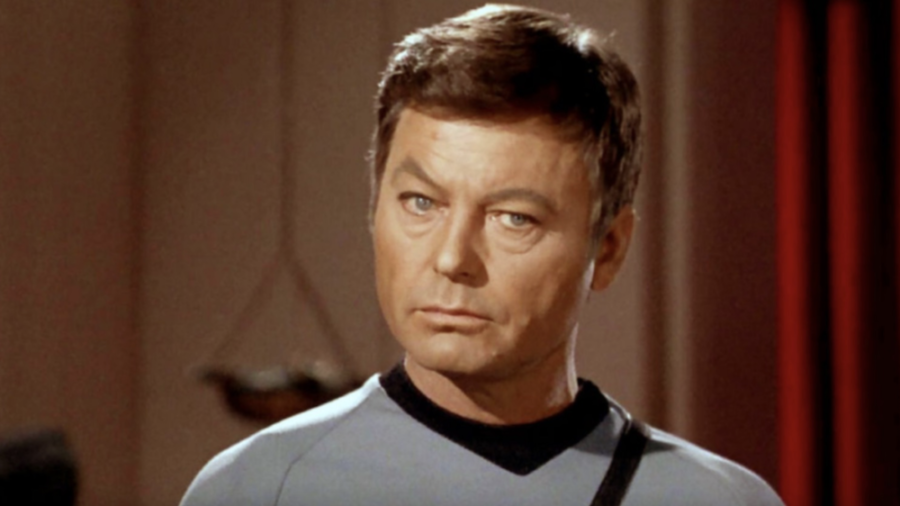
Chief medical officers aboard Starfleet ships frequently act as counselors, but McCoy seems to primarily hold this role for Captain Kirk. Sometimes, his advice is delivered gruffly or aggressively, but it usually seems to be just what Kirk needs to hear.
He gives Kirk honest, if at times impatient advice and always seems concerned about the mental and emotional state of the captain and the crew.
While he certainly provides psychological and emotional support for crew members who are struggling, McCoy is a bit of a mechanic even as a physician, giving him an occasionally less-than-warm bedside manner.
But his emotional intelligence is always apparent, especially as he counsels Kirk through difficult life changes in both Prime and Kelvin Timeline Star Trek movies.
Ezri Dax – Star Trek: Deep Space Nine
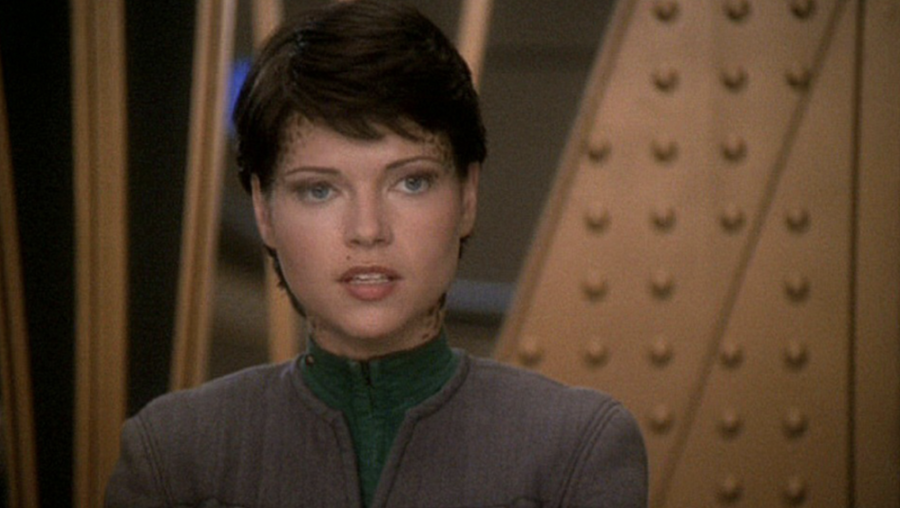
As a Star Trek counselor for Deep Space Nine, Ezri relies less on formal sessions in an office and more on providing support as needed throughout the station. She might casually inquire about people’s struggles at a table in Quark’s bar or meet with people in a place where they’re comfortable.
Often, she has to overcome objections to her intervention and is skilled at helping people through their issues without them realizing what she’s doing.
In particular, she was of great help to Nog as he struggled with the loss of his leg. However, for his role in that same healing process, we have to give an honorable mention to Vic Fontaine, whose assistance Ezri enlisted.
Dr. Hugh Culber – Star Trek: Discovery
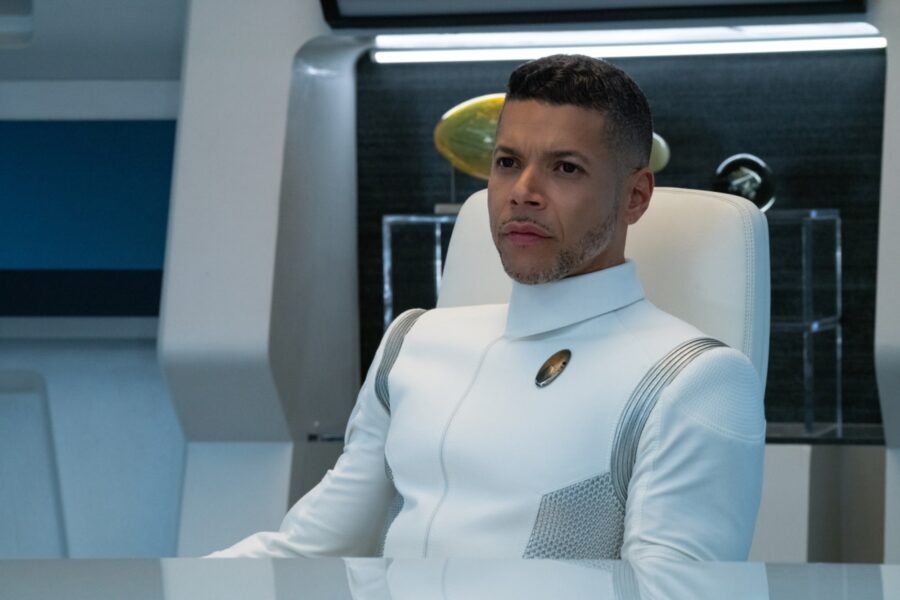
We’ll admit our top three are difficult to rank, and there is a case to be made for putting Dr. Culber in the number one spot, as he helped the crew of the Discovery recover after leaping forward almost a thousand years into the future.
Culber has had to deal with an extraordinary amount of trauma and PTSD, while also working through his own issues with the help of Kovich. Though he also serves as chief medical officer, he spends a considerable amount of time making himself available for crew members like Kayla Detmer, Adira, and Gray.
He also did particularly intensive work with Cleveland Booker, who was recovering from the loss of his entire planet. That’s some pretty heavy lifting for a counselor who’s also a surgeon, but Culber handles it skillfully and with great intelligence and care.
Deanna Troi – Star Trek: The Next Generation
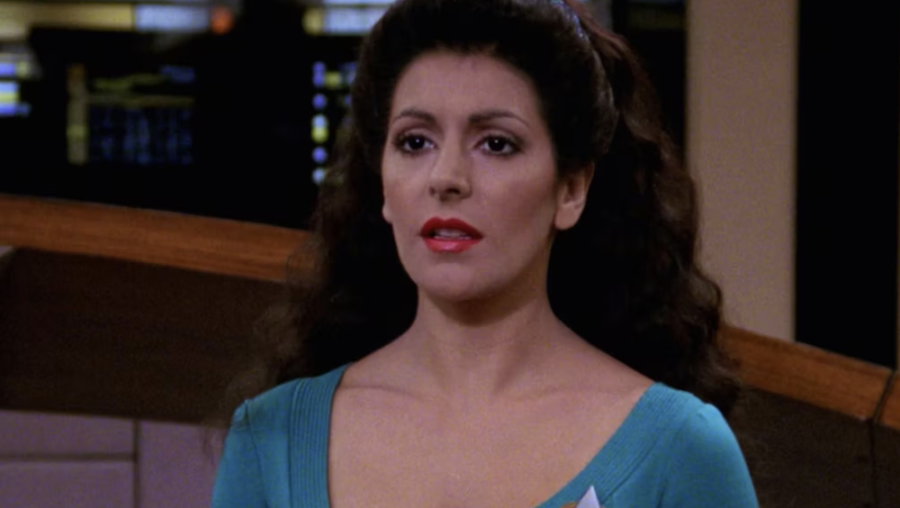
The original Star Trek counselor, Troi was seen by some in the years after TNG as a vestige of psychotherapy-obsessed ’80s culture. Often derided as useless by fans, the truth is that Deanna Troi is not only an essential member of the Enterprise crew but, from a franchise perspective, a trailblazer.
Without Troi, the concept of a counselor aboard a Starfleet vessel or space station might never have been introduced into the series.
As we’ve seen in later Star Trek, especially as cultural awareness regarding the importance of mental health has grown in recent years, it has become increasingly important to have someone looking after the emotional and mental well-being of the crew.
For her part, Troi was particularly instrumental in assisting Captain Picard with his recovery after being assimilated by the Borg. But she also became a trusted advisor for the whole crew who stands as a reminder to all of us that no one is immune to mental health struggles. They are as important as physical health issues, and even starship captains need to find someone to talk with in times of crisis.










